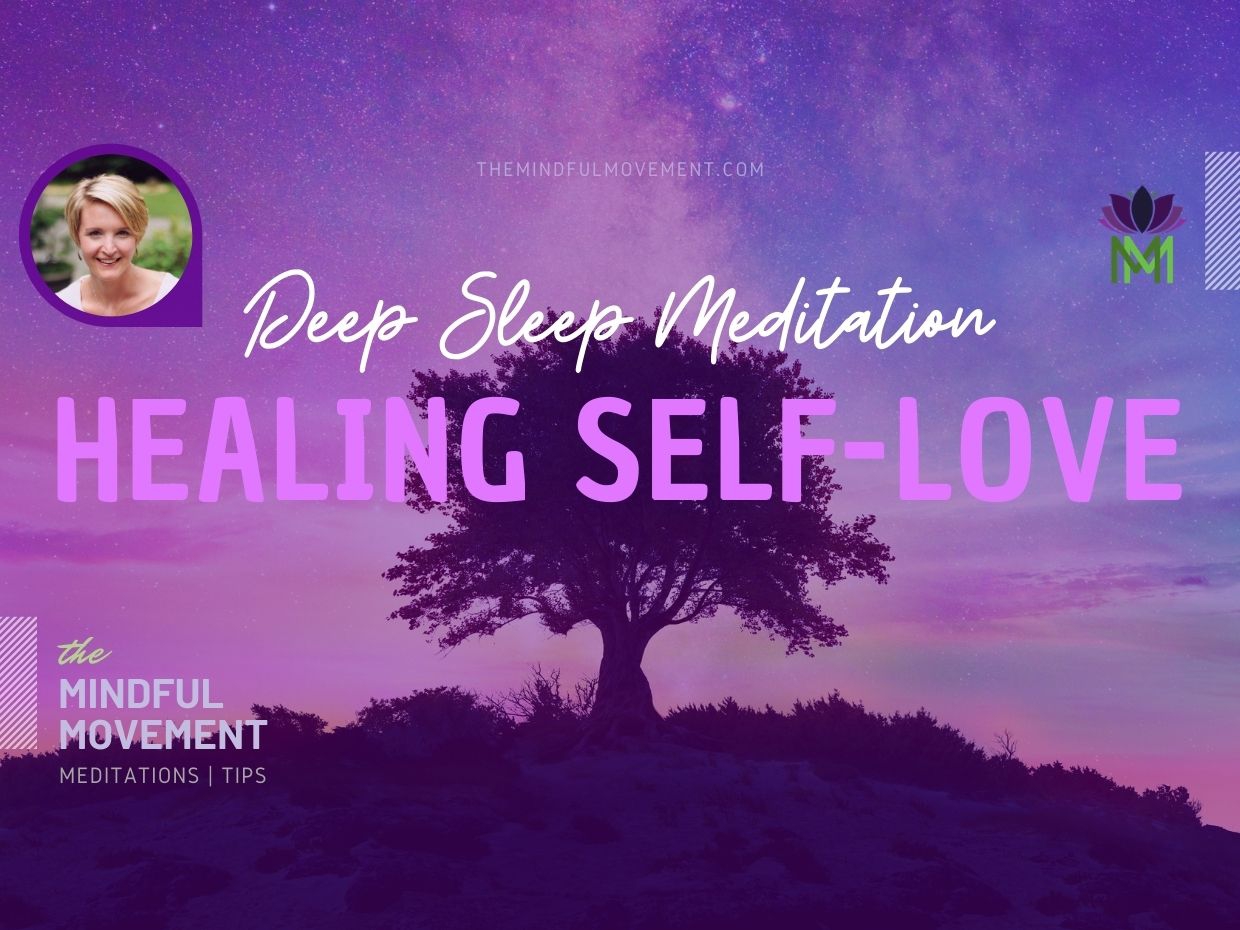

#Mindful movement sleep trial
Therefore, we conducted a randomized clinical trial (RCT) to examine the effect of a low-cost community-accessible MBI known as mindful awareness practices (MAPs) for daily living compared with a structured SHE program on moderate sleep disturbances in older adults. 26, 27 However, to our knowledge, there are no reports of the use of a nonmovement form of meditation for sleep problems in older adults to examine the effects of mental practice alone on improvements in sleep quality. Previous research has shown that a movement-based meditation, called tai chi, can improve sleep quality in older adults. Other MBI experimental studies 20, 25 have focused on mixed-age populations diagnosed as having insomnia. 22 Mainly, sleep has been tested as a secondary outcome to a primary disease state that can affect sleep, 23, 24 so the findings are confounded by changes in the primary ailment. 19 Evidence from previous studies 20, 21 provides preliminary yet mixed support for the use of MBIs for sleep disturbances in adults, and a review of research on MBIs for sleep problems highlighted a spectrum of research gaps. The MBIs consist of evidence-based programs for stress-related ailments 18 that train one in the systematic practice of attending to moment-by-moment experiences, thoughts, and emotions from a nonjudgmental perspective. Mindfulness-based interventions (MBIs) hold the potential to possibly meet these needs. Limitations of current treatments for sleep problems highlight the need for scalable community-accessible treatments that can improve sleep in older adults with moderate sleep disturbances. 17 Little is known about the efficacy of alternative behavioral treatments that might target moderate sleep disturbances in older adults, which have the potential to prevent insomnia and related consequences. 12 However, clinical interventions, such as cognitive behavior therapy, are intensive, require administration by highly trained therapists, and are intended for patients with insomnia. 14 These nonpharmacological treatments have advantages over pharmacotherapy in that they are somewhat effective at improving sleep for both short-term and long-term periods and have no serious contraindications.

16 Of the standard clinical treatments, cognitive behavior therapy focuses on modulating sleep needs and correcting expectations, attitudes, and beliefs about sleep. 15 One universal behavioral program is sleep hygiene education (SHE), which targets the modification of day-to-day behavioral and environmental factors that contribute to poor sleep. 12– 14 Psychobehavioral therapies are also recognized nonpharmacological treatments for insomnia. 11 Although such treatments provide only temporary remediation of sleep disturbance for some persons, the benefits often diminish after drug discontinuation, and there is risk for residual daytime effects and dependency syndrome. In-somniais often treated with pharmacotherapy. 10 However, when clinical insomnia is present, several treatment options are available. 9ĭespite the medical consequences of sleep problems, they often go untreated in older adults, especially among those with moderate sleep disturbances. 1, 4, 8 Addressing moderate sleep disturbances and sleep-related daytime dysfunction using community-accessible programs is a promising public health approach.

1, 6, 7 Moderate sleep disturbances in older adults are often associated with deficits in daytime functioning including elevated levels of fatigue disturbed mood, such as depressive symptoms and reduced quality of life and lead to the onset of clinical insomnia. 1– 5 Older adults report the highest prevalence of sleep problems compared with younger age groups when quantified by self-report and by biological assessment. An estimated 50% of persons 55 years and older have some form of sleep problem, including initiating and maintaining sleep. Sleep disturbances pose a significant medical and public health concern for our nation’s aging population.


 0 kommentar(er)
0 kommentar(er)
